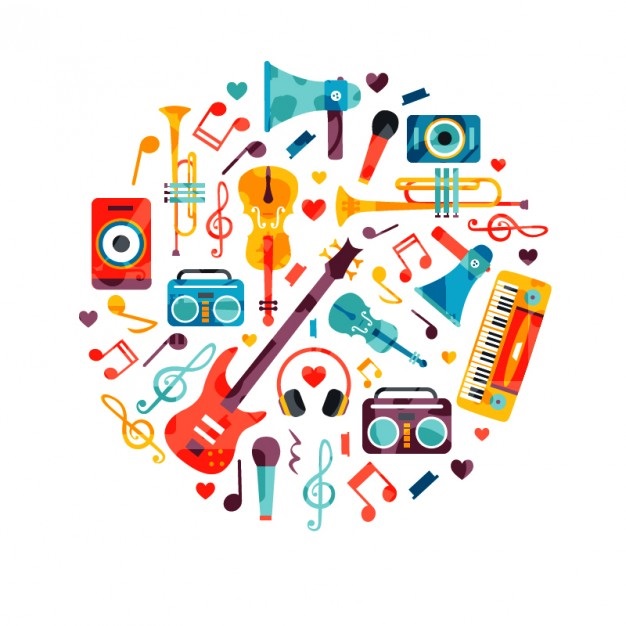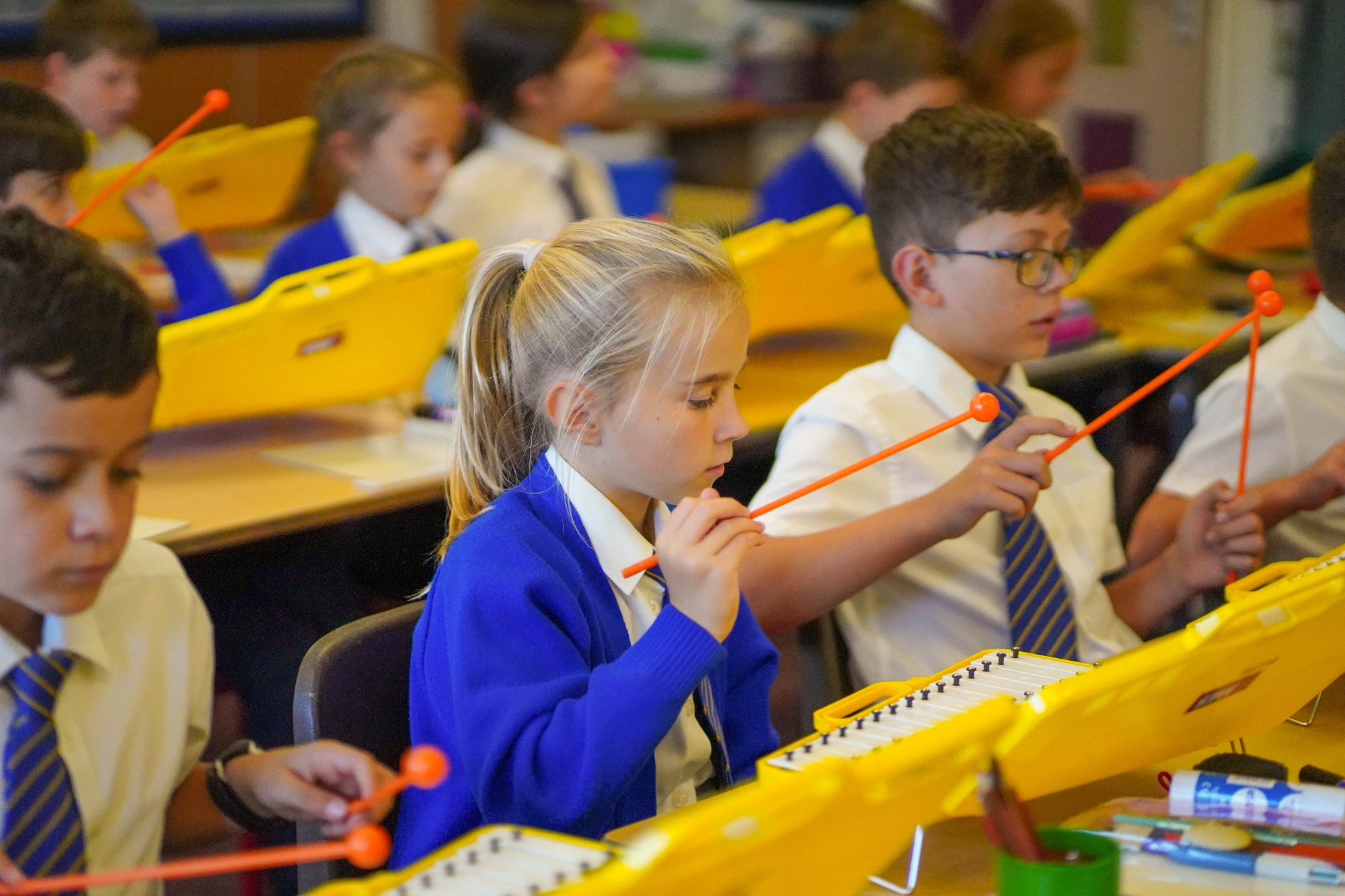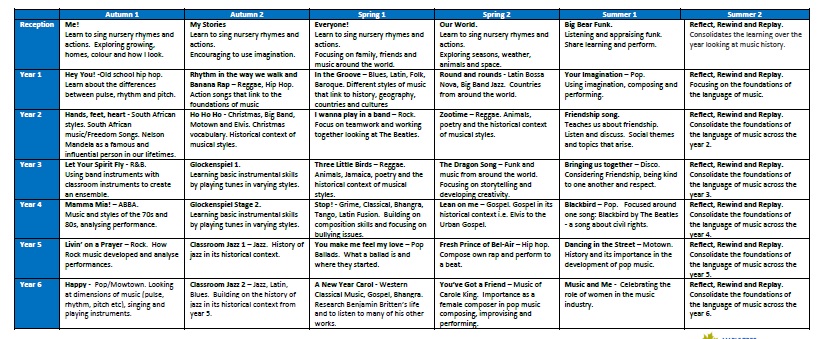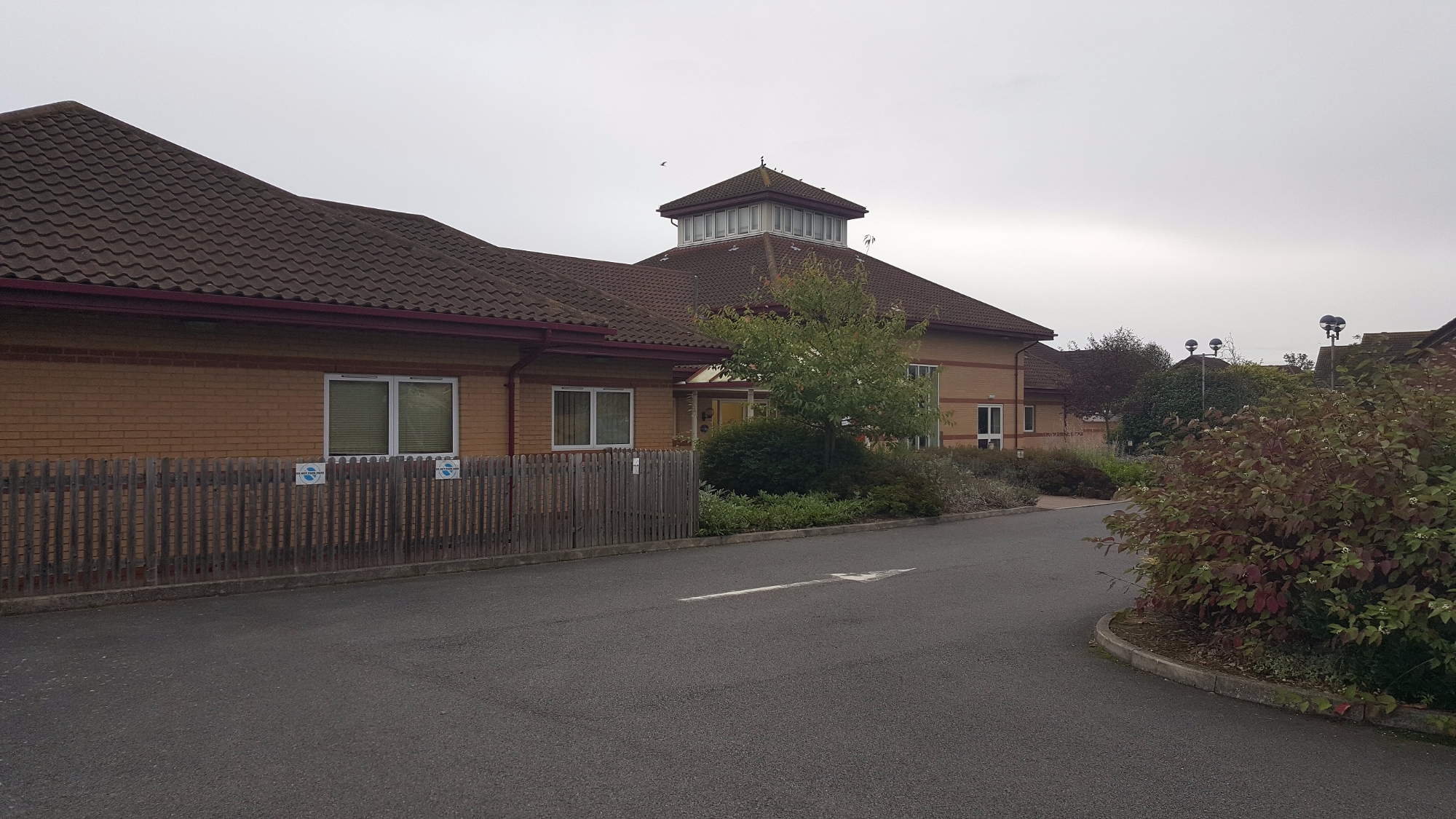Music

INTENT
At Maple Tree Primary School, we aim to make music fun and enjoyable for both the pupils and teachers. Every young person should be able to experience music and to make progress. It is thought that music enriches individual lives as well as a school’s wider community. For individuals music can have many benefits, it can help brain development, helps them focus, relieves stress and boost self-confidence.
Musical techniques and skills can be supported and developed in all pupils, throughout Early Years (EYFS), Key Stage 1 (KS1) and Key Stage 2 (KS2), recognising that talents and abilities can be expressed instrumentally, vocally or through music technology.
We want to ensure that music is loved by teachers and pupils across school, encouraging them to want to continue building on this wealth of musical ability, now and in the future. Overall, empowering the children to exploring different cultures and genres of music and to engage with music to the best of their abilities.
Please click the image below to see our whole school overview for Music.
IMPLEMENTATION
Music is taught weekly for an hour but this does not have to be in one dedicated lesson. Music is incorporated across the curriculum and integrated in to all subjects. In maths, learning songs and actions to help with times tables and English can include ballads and poetry to music to enhance performance. Music in art can encourage creativity and mind set, dance in PE and embedding a focused vocabulary in French.
Singing is a key skill to develop and encourage, as well as incorporating music in lessons, there is a weekly singing assembly where all the children come together and celebrate the Maple Tree values.
Charanga is a scheme of work that provides the structure and resources for teachers to use and develop skills in music such as composing and performing. The scheme also enables teachers to adapt planning to support and enrich the topic that is being taught. Weekly lessons can also be supplemented with virtual lessons and lesson plans which are provided by Rocksteady company, allowing the children to access the music curriculum in an engaging way, learning about different music genres, chords, rhythm, and tempo.
Pupils in Early Years (EYFS) will be taught to:
- respond to what they have heard, expressing their thoughts and feelings through movement;
- sing in a group or on their own, increasingly matching the pitch and following the melody;
- explore a range of sound makers and instruments and play them in different ways and make up own rhythms and tunes;
Pupils in KS1 will be taught to:
- • use their voices expressively and creatively by singing songs and speaking chants and rhymes;
- • play tuned and un-tuned instruments musically;
- • listen with concentration and understanding to a range of high-quality live and recorded music;
- • experiment with, create, select and combine sounds using the inter-related dimensions of music.
Pupils in KS2 will be taught to:
- • play and perform in solo and ensemble contexts, using their voices and playing musical instruments with increasing accuracy, fluency, control and expression;
- • improvise and compose music for a range of purposes using the inter-related dimensions of music;
- • listen with attention to detail and recall sounds with increasing aural memory;
- • use and understand staff and other musical notations;
- • appreciate and understand a wide range of high-quality live and recorded music drawn from different traditions and from great composers and musicians;
- • develop an understanding of the history of music
IMPACT
Pupil engagement is improved by incorporating music in other lessons and assemblies, whole class teaching of instruments, such as the glockenspiels and providing alternative opportunities to learn a different instrument through peripatetic music lessons. Because of an increase in pupil commitment to music, we hope that parent engagement will increase, supporting pupils by attending performances and encouraging children to be more expressive and embrace different styles of music.
The children make progress by knowing more, remembering more and being more confident to do more.
We measure the impact of our curriculum in the following ways:
- Children demonstrate an increased positive attitude towards different genre of music and show respect to other children attitudes and opinions.
- They demonstrate respectful behaviour to all and this is transferable outside of school in the wider community and beyond.
- Images and videos of the children’s learning.
- Interviewing the pupils about their learning (pupil voice).
- Pupil’s work is scrutinised and there is the opportunity for a dialogue between teachers to understand their class’s work.
- Improvement in skills to compose and perform pieces of music of their own and of that taught to them.
We have a violin teacher who comes in weekly to teach peripatetic lessons. If you would like to know more about this and to enquire about vacancies then please contact the school office.



